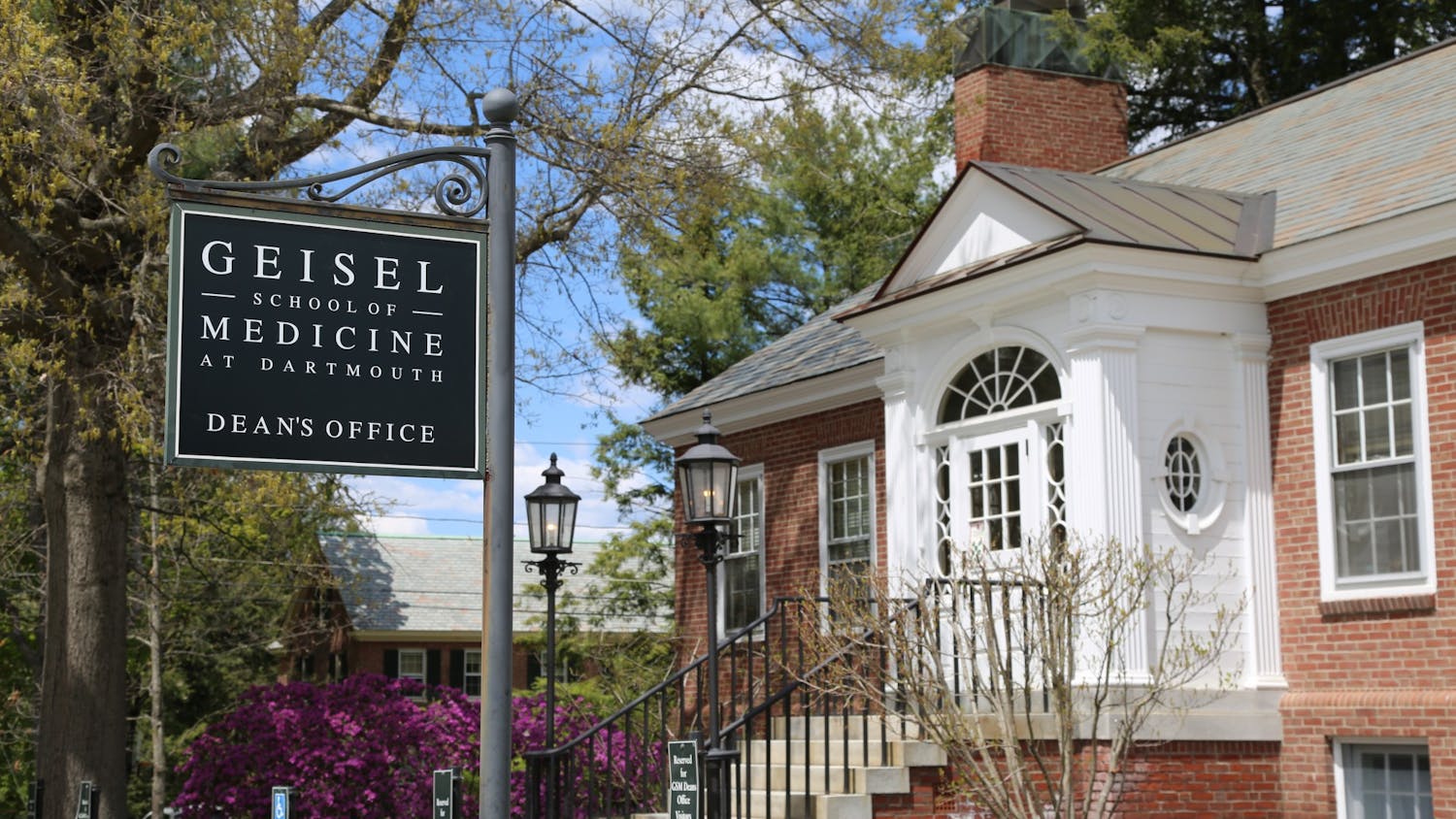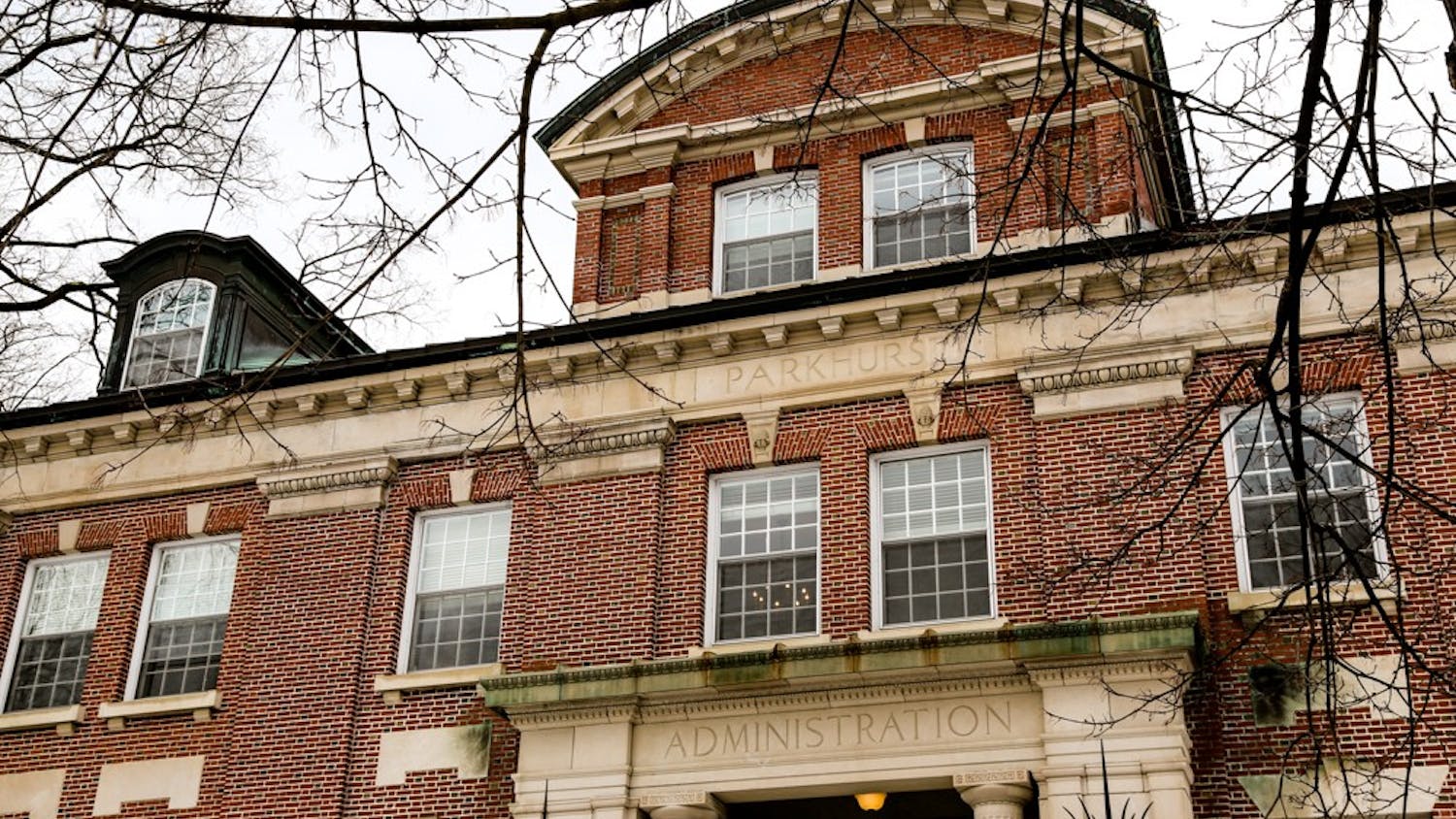In a shock to absolutely no one, Dartmouth’s scandals are back in the national news.
This time, the scandal is the Geisel School of Medicine’s attempt to censure students for alleged cheating. The school claims students accessed pages on the course management website Canvas during exams. As multiple national civil liberties groups have pointed out, however, Canvas’ data was never intended to accurately track individual students. The website only collects student usage data for aggregate analysis and will often produce false positives for an individual user. Even if Canvas were a reliable source of information, what on Earth is the College — which claims to operate “on the principle of academic honor, without proctoring of examinations” — doing covertly spying on students’ data?
The whole situation was a civil liberties debacle. As its initial case fell apart, Dartmouth’s administration could have done what any good leader would do: admit the mistake, make amends and treat it as a lesson going forward. That, of course, is not what the administration did. Instead, it circled the wagons and doubled down on its initial, ill-informed decision.
After an anonymous Instagram account, @concernedstudent1797, criticized the College’s handling of the situation, Geisel issued a new social media policy that ominously warned, scare quotes included, that “‘anonymous’ posts may still be traced back to the original author.” The policy went even further, claiming that “disparaging other members of the Geisel community will trigger disciplinary review.”
What exactly “disparaging members of the Geisel community” means remains unclear. Is sharply criticizing the Geisel leadership “disparaging members of the Geisel community”? The ambiguous threat has all the hallmarks of speech code, and is a clear attempt to create a chilling effect on students’ right to free expression.
The Geisel situation has become yet another embarrassing scandal for Dartmouth. But it never had to be that way.
Dartmouth’s administrators could have listened to the facts of the case, ended the debacle and perhaps even obtained some favorable press for their maturity. Instead, they stuck to their guns, digging themselves a deeper and deeper hole — with no consideration of the harm inflicted on students — rather than simply admitting their initial mistake.
One needn’t look far to find a good analogy for the Dartmouth administration’s behavior. In 2019, former President Donald Trump misstated in a tweet that Alabama was one of many states in the projected path of Hurricane Dorian. It was a trivial slip, the sort most people make every day. No one would have batted an eye had the president issued a brief correction and gone on with his business. Instead, a few days later, Trump presented a map of the storm track, complete with a marker line crudely drawn to make the hurricane appear to hit Alabama. That childish refusal to admit his mistake made the president a laughingstock.
Former President Franklin Delano Roosevelt took a different approach in his career. As he put it in May 1932, near the bleakest depths of the Great Depression,“It is common sense to take a method and try it: If it fails, admit it frankly and try another.” Roosevelt, widely recognized as one of our nation’s greatest leaders, knew full well that all people, leaders included, are fallible. As such, we expect our leaders to own up frankly to their mistakes. The dignity and maturity needed to do so is much of what makes a leader admirable.
It is a juvenile mindset that equates strong leadership with never being wrong. It is the Trumpian leadership model, and, gallingly, it is apparently the model that Dartmouth’s administration pursues.
This latest scandal is reflective of a wider pattern. Last fall’s campaign of what Dean of the College Kathryn Lively termed “disappearing” students for alleged COVID-19 policy violations, for example, was clearly wrong. It made the College into a virtual police state, where a vague and variable list of infractions could get one immediately forced off campus, with just hours to arrange travel and no chance of appeal. Students and parents raised an outcry, but the administration dug in its heels and refused until the end of the term to so much as reveal the number of students forced to leave campus.
The administration clearly knew that its “disappearing” policy failed. After all, the next term, Dartmouth drastically eased up on its harsh, punitive model. Yet so far, we’ve yet to hear a single admission of wrongdoing. Instead, the administration stood its ground, never gave an inch to the views of its own constituents and — when it finally did liberalize its penal system — never admitted any substantial flaw with the previous model.
Years of College President Phil Hanlon and his lackeys’ administration have done great harm to Dartmouth. The pandemic only exacerbated the leadership failures simmering beneath the surface, and while peer institutions weather the pandemic, today’s Dartmouth increasingly feels alien to the College so many of us once loved. The Geisel debacle is embarrassing and rightly upsetting, but it is not the first display of abysmal leadership by this administration. Nor, unless something changes, will it be the last.
Dartmouth’s ostensible leadership has consistently and repeatedly failed to lead. Make of that what you will.
Magann is the former production executive editor of The Dartmouth and a member of the Class of 2021.



